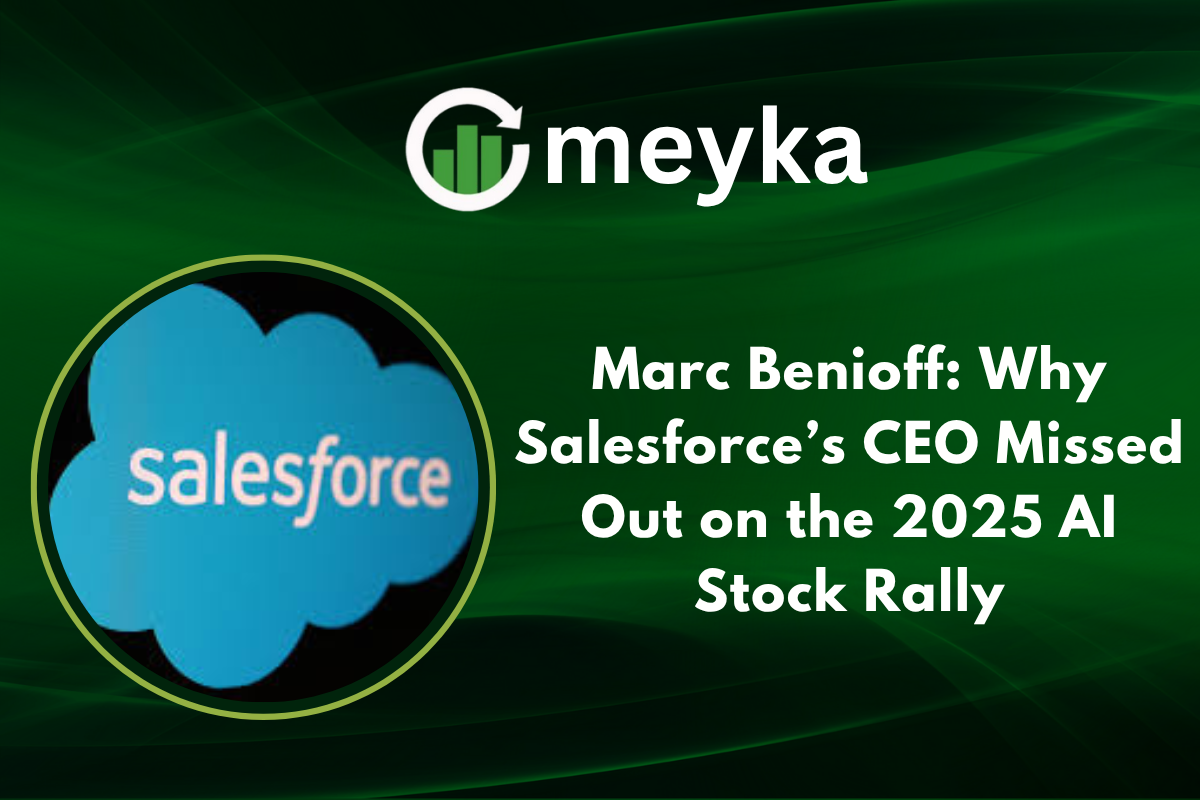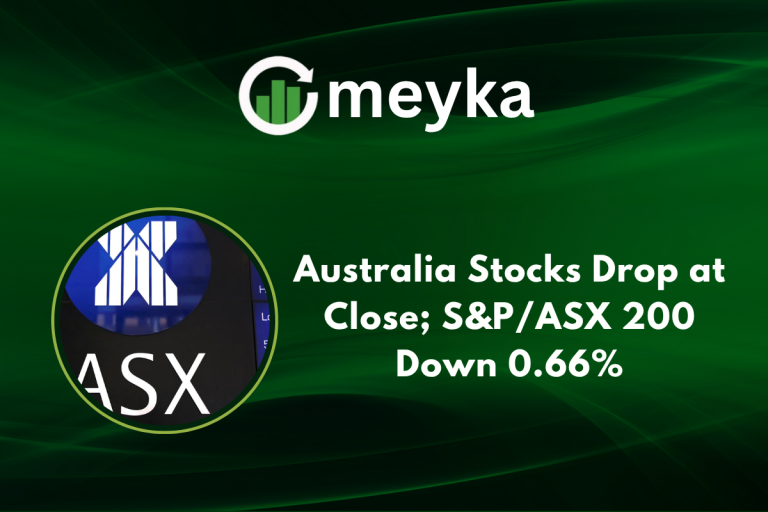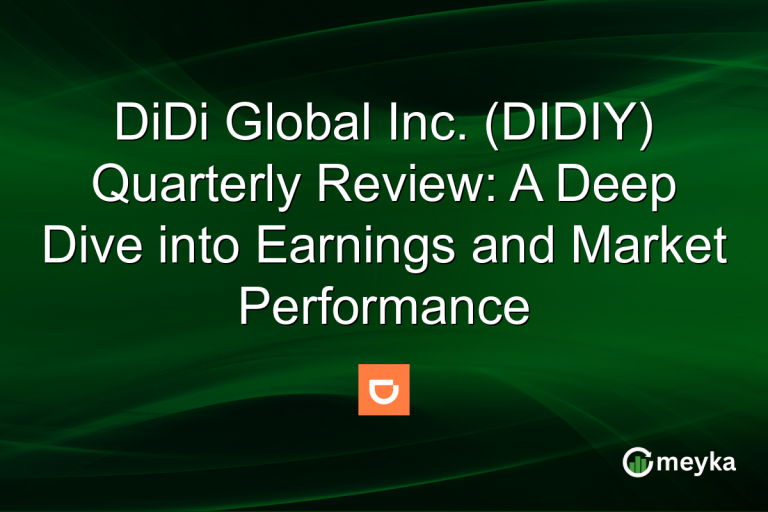Marc Benioff: Why Salesforce’s CEO Missed Out on the 2025 AI Stock Rally
Marc Benioff has long been seen as a visionary leader in tech. In 2025, however, Salesforce largely sat out the fast-moving AI stock rally that lifted peers such as Nvidia and major cloud players.
The company’s shares were far less volatile, even as investors poured money into pure-play AI plays. Analysts point to a mix of strategic caution, a push for ethical AI, and a slower path to product monetization as reasons.
How did a founder CEO known for bold moves miss a breakout tech trend?
Marc Benioff and the Missed AI Opportunity
From visionary to cautious
Marc Benioff embraced cloud computing early and helped build Salesforce (CRM) into a $100 billion-plus company. Yet in 2025, while chipmakers and AI platform firms saw huge gains, Salesforce chose a measured pace.
The company focused on integrating AI into existing products rather than chasing high-growth AI platform bets. This cautious approach left investors wondering why Salesforce did not capture more upside during the AI frenzy.
Why did this happen? Benioff has stressed ethics, governance, and responsible AI. That lens slowed the company’s sprint to market for some new AI features.
Layoffs and retooling for AI
In early 2025, Salesforce (CRM) announced workforce reductions to reallocate spending toward AI agents and tools. Reports show about 4,000 job cuts, aimed at funding AI initiatives and streamlining operations.
While layoffs signaled commitment to AI, the shifts did not translate into immediate revenue lifts, and the market reacted cautiously.
Was the market right to hold back? Many investors wanted faster monetization, and the slow ramp left room for rivals to dominate investor sentiment.
Marc Benioff: Strategy, Ethics, and Execution
Trust and a different product path
Benioff has repeatedly emphasized that “AI does not have a soul”, a comment that captured his caution about handing too much power to machines. Salesforce focused on trusted, human-centered AI, putting more emphasis on privacy, governance, and enterprise controls than on flashy AI products.
The trade-off was clear: ethics bought time, but it also meant less exposure to the speculative rush that fueled big gains for other companies.
What does this mean for Salesforce investors? Some see it as a long-term advantage, others view it as missed near-term upside.
The Broader AI Market Rally
Why others surged while Salesforce lagged
In 2025, the AI rally favored companies that provided the raw compute, models, and cloud scale to fuel generative AI. Nvidia, Microsoft, and Alphabet led gains, as investors chased rapid revenue growth tied directly to AI adoption.
Recent AI Stock research shows early movers in infrastructure and model services attracted the lion’s share of investor flows during that stretch. Salesforce’s (CRM) enterprise-first approach meant it benefited more slowly from that wave.
Product timing versus market timing
Salesforce’s Einstein suite evolved incrementally. The company chose to roll out features with enterprise controls and deeper integrations, rather than launching broad consumer-grade AI offerings. That approach aligned with Benioff’s values, but not with the market’s appetite for fast growth and headline-grabbing AI wins.
Investor Reactions and Market Sentiment
Frustration and patience
Investors voiced frustration as Salesforce’s stock (CRM) stayed range-bound while peers soared. Analysts criticized the company’s slower go-to-market cadence and pointed to metrics that lagged behind competitors.
Yet a group of institutional investors urged patience, saying Salesforce could avoid AI-related pitfalls by prioritizing enterprise trust.
Could Marc Benioff be playing the long game? Some experts think yes, and they argue that durable enterprise adoption may reward patience.
The Ethics Debate and Benioff’s Perspective
Values over velocity
Benioff’s ethical stance is not just rhetoric. Salesforce (CRM) doubled down on data protection, model transparency, and human oversight. This stance contrasts with the industry players who accepted rapid automation and the cost-cutting that came with it.
For some customers, that stance increased trust, yet the market’s near-term signals favored those showing immediate AI revenue growth.
Lessons from the Missed Rally
Long-term versus short-term gains
The key lesson is that strategy matters. AI Stock Analysis of 2025 suggests that rapid early returns were concentrated among firms that sold AI infrastructure and models with direct billing.
Companies focused on ethical, integrated enterprise AI may gain steadier returns later. Salesforce may yet reap benefits if its enterprise clients adopt AI widely and pay for premium services.
What should investors watch? Look at enterprise AI adoption metrics, license renewals, and margins on Einstein-related products.
Market Context and Competitor Comparison
Where Salesforce stands now
Salesforce still has strengths, including deep customer relationships, vast CRM data, and a robust cloud platform. Competitors such as Microsoft Copilot and Google Cloud AI captured more immediate investor attention by packaging AI for mass use.
AI spending in 2025 ballooned, driven by cloud compute and model training, and that flow helped certain AI stocks outperform the broader market. AI Stock momentum remains a key driver of tech sentiment, and Salesforce’s challenge is to translate trust and governance into clear revenue signals.
Could Salesforce catch up?
Yes, it can. If Salesforce accelerates feature rollouts, shows strong enterprise adoption, and ties AI to clear revenue drivers, the stock can catch up. Benioff’s vision of stakeholder capitalism and ethical tech may prove an advantage in the medium term. For now, however, the market remembers missed momentum.
Conclusion
Marc Benioff took a cautious road in 2025, emphasizing ethical AI and careful integration over a full-throttle race for market share. That caution likely cost Salesforce immediate upside during the AI stock rally, yet it may protect the company from future missteps.
Time will tell whether this strategy yields steady gains or whether investors will continue to favor faster-moving AI bets. For now, Marc Benioff remains a leader who chose principles and prudence, even if that meant missing a fast-moving market moment.
FAQ’S
Salesforce stock dropped after lower-than-expected earnings guidance and concerns about slower enterprise software spending. Analysts believe CEO Marc Benioff is refocusing on efficiency amid rising AI competition.
By 2025, Marc Benioff plans to strengthen Salesforce’s AI-driven tools and expand its cloud ecosystem. Experts predict steady growth as companies increase investment in automation and CRM intelligence.
Investors highlight leading tech firms like Salesforce, Nvidia, and Microsoft as strong AI-related picks for 2025. Under Marc Benioff’s leadership, Salesforce’s AI Cloud positions it as a competitive player in the sector.
Yes, Salesforce is adapting to AI disruption rather than being replaced by it. Marc Benioff is integrating generative AI tools into every layer of the platform to enhance customer engagement and productivity.
Disclaimer
This content is made for learning only. It is not meant to give financial advice. Always check the facts yourself. Financial decisions need detailed research.






